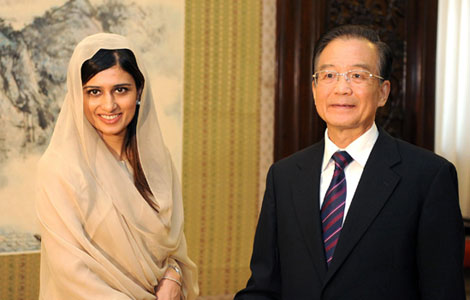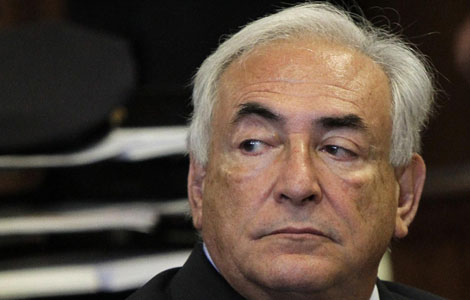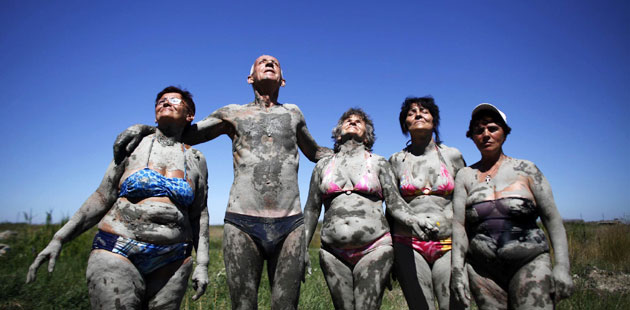Proposals to ban torture testimony
Updated: 2011-08-25 06:50
By Zhao Yinan (China Daily)
|
|||||||||||
BEIJING - Measures to protect suspects in criminal cases, including not accepting testimony that is obtained through torture, are part of a draft amendment currently under review by the top legislature.
The amendment to the Criminal Procedural Law aims to improve the gathering of evidence, Lang Sheng, deputy director of the legislative affairs commission of the National People's Congress (NPC) Standing Committee, told lawmakers at their bimonthly session on Wednesday.
"Rapid economic and social development, the public's growing awareness of democracy and the rule of law as well as an increase in the number of cases, means that the law must be revised," Lang said. After being briefed on Lang's report, lawmakers will be divided into groups to discuss the measures and offer suggestions.
Lang proposed submitting the draft for a vote at the plenary session of the NPC, after soliciting public opinion.
The draft also marks the first time that evidence gained through forced self-incrimination will not be allowed and is a major step against the use of torture, according to Wang Shangxin, a senior official of the NPC Standing Committee's Legislative Affairs Commission.
The current regulations, while actually prohibiting torture, failed to exclude any evidence gained through torture from being submitted in court, said Tian Wenchang, director of the criminal committee of the All China Lawyers Association.
"What's the point in conducting interrogation under torture if it cannot be used in court? If this is adopted it may well prevent the use of violence during interrogation," Tian said.
In a well-publicized case, Zhao Zuohai from Central China's Henan province was jailed for 11 years following a wrongful murder conviction. He was only released last year when his alleged victim re-appeared.
Zhao said he confessed to the crime because he had been severely beaten during interrogation.
The draft also requires witnesses to give testimony in court. But it is not compulsory for family members to testify against their relatives as such testimony will cause immense strain on families.
Wang Minyuan, a legal expert with the Chinese Academy of Social Sciences, told China Daily that the proposed changes are "in line with the International Covenant on Civil and Political Rights, which China signed in 1998, and the United Nations Convention against Torture, which China approved in 1988.
"Both conventions protect legal rights. Although China has not yet approved the covenant on civil and political rights, it has already shown its position by signing it," he said.
However, Wang admitted that the draft does not explicitly forbid physical maltreatment, such as sleep depravation, used sometimes by interrogators to force suspects to confess.
The draft also grants lawyers more rights and guarantees that they can meet clients without surveillance, as long as the case does not involve State security, terror or major bribery.
A Beijing-based criminal lawyer Tang Hongxin, while broadly welcoming the pro-posed changes, said that lawyers should not be liable for enticing their clients to change testimony and this should have been included in the proposals.
- Live Report: Bounty for Gadhafi as fight rages
- Proposals to ban torture testimony
- Conoco to be sued over oil leak
- Watchdog suspected over toxic waste
- Russia, DPRK agree on nuke issues
- Moody's cuts Japan rating to Aa3
- Oil firm vows to clean up spills
- Live Report: Gadhafi says withdrawal tactical move
Hot Topics
Anti-Gay, Giant Panda, Subway, High Speed Train, Coal Mine, High Temperature, Rainstorm, Sino-US, Oil Spill, Zhu Min
Editor's Picks

|

|

|

|

|

|






